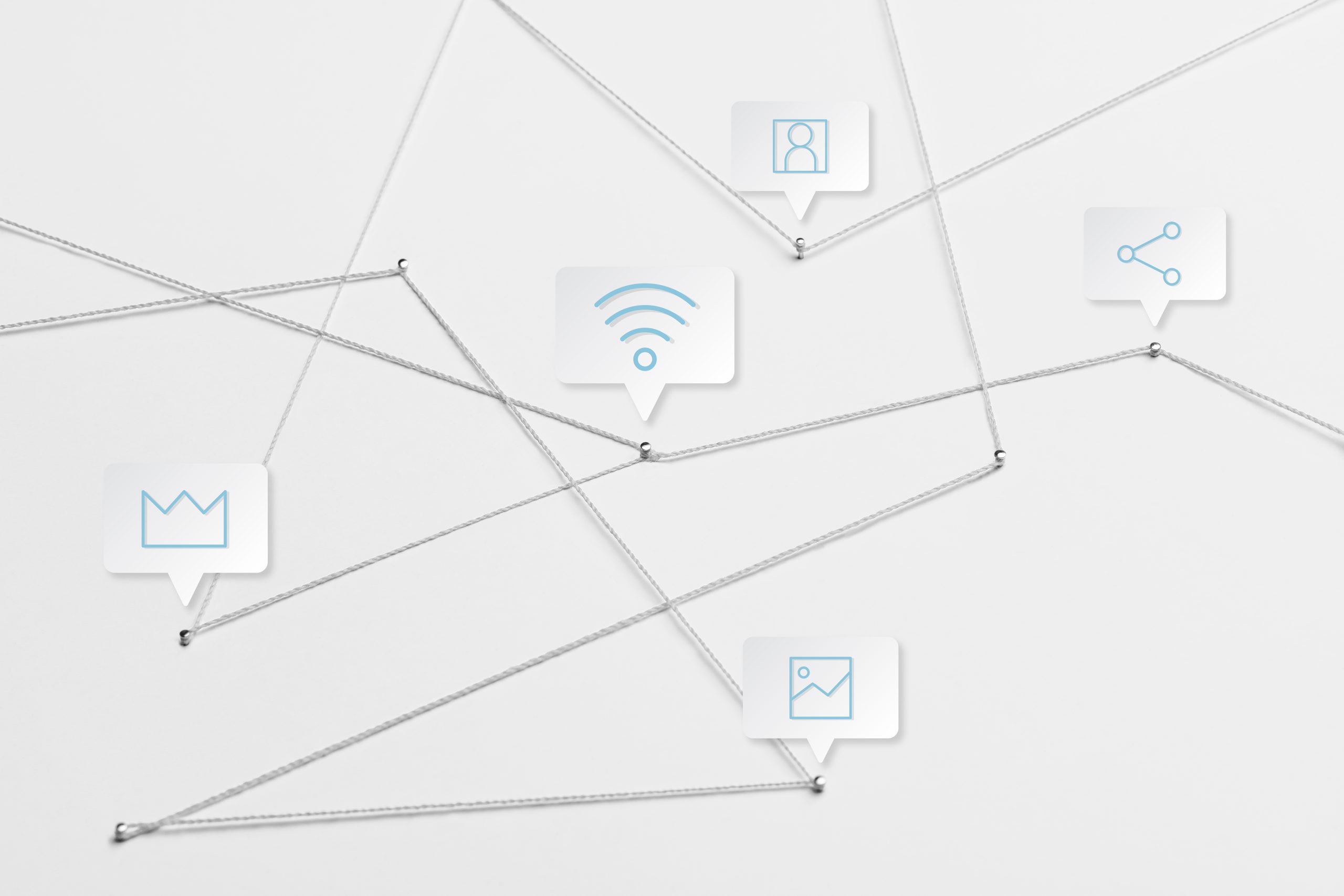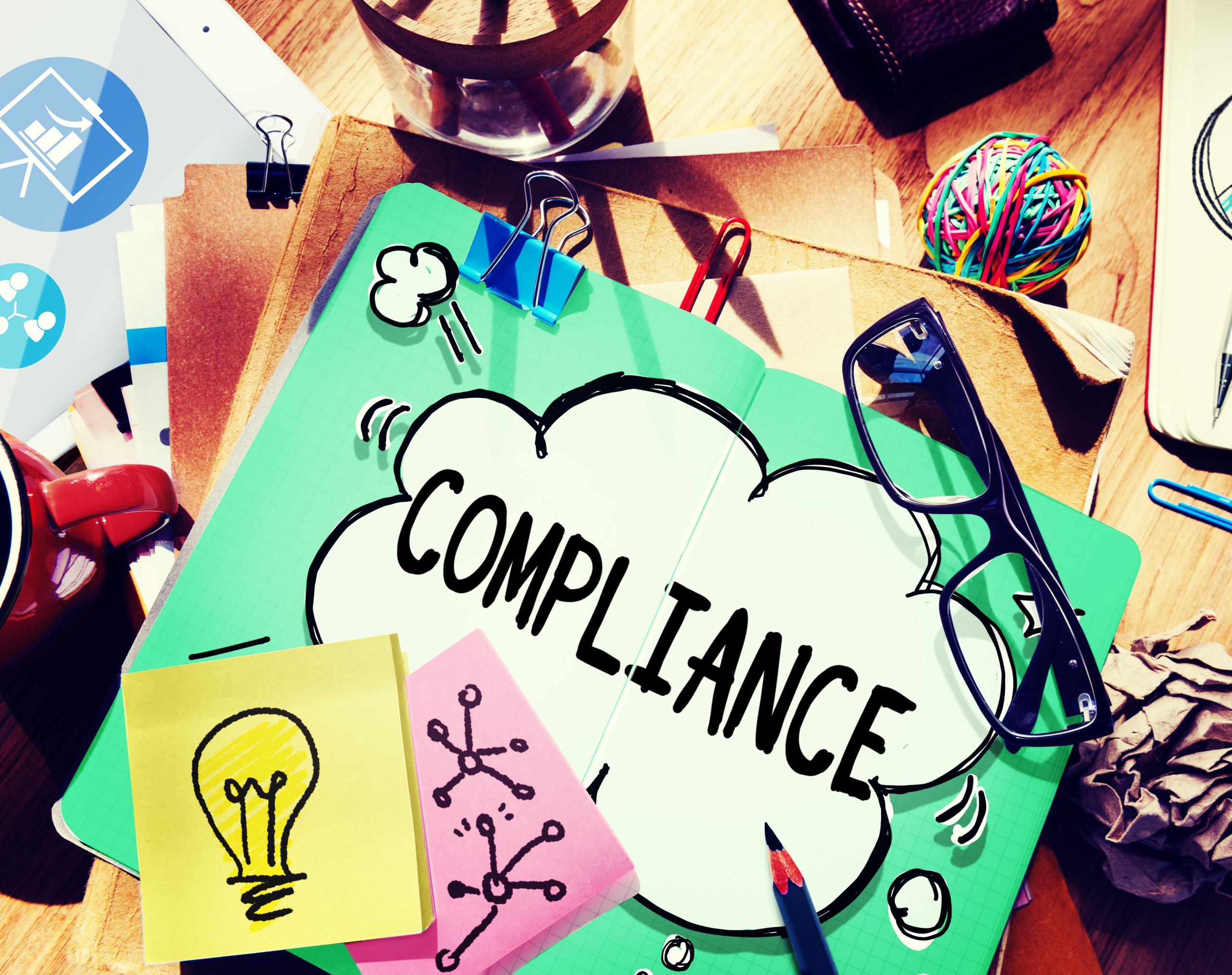Thus far, 2020 has been a year of unprecedented change in our world. Situations and events have emerged which, until now, were only imaginable in a Hollywood film, such as Contagion. Having said that, in a 2015 TED Talk, Bill Gates predicted the world was not ready for the next pandemic.
Everybody is scrambling to adapt to a new reality, by virtue of the global pandemic, code-named COVID-19 (Coronavirus).
The Australian government has introduced various policies to mitigate COVID-19, which include closing its international borders, banning gatherings of more than 100 people and social distancing. Some states and territories are now enforcing mandatory 14-day self-isolation for domestic visitors, closing non-essential services, and the closure of schools and universities is inevitable.
Businesses – big and small will need to be flexible and forward-thinking, in response to the challenge posed to traditional working and learning spaces, whether it be schools, universities, offices, laboratories and so forth.
Instead of feeling powerless, managers and leaders have the opportunity to empower staff and learners in navigating their way through uncertain and stressful times. A co-ordinated response across your organisation is essential.
Some organisations have already commenced alternative working arrangements. For example, Australia’s largest telecommunications company, Telstra, has mandated its 20,000 staff, work remotely. Of course, each organisation may respond according to what is appropriate in their particular business context – for example, rotate half the workforce, with half working remotely, and half in the office. When you are planning for these contingencies, carefully consider your need to be responsive as an organisation.
Now is the time to discuss and plan for how your organisation, department or team can continue to deliver services, training, and education – if staff become unwell, are unable to travel or in self-isolation, owing to COVID-19.
There are numerous ways you can prepare for this:
Have a plan
- review and discuss your team’s business continuity plan.
- ensure all team members’ contact information is current and accessible to managers and leaders for timely communication.
- discuss options for how and where staff can work, other than their usual workplace.
- look at cloud-based storage for sharing files and resources such as Share Point and Google Drive.
- set up work and well-being processes to ensure the team knows how to work and how to support one another, for example, virtual meetings, daily check-ins, well-being checks using Teams or Zoom.
- maintain business continuity by enabling induction, compliance and job-specific training via online learning systems such as Moodle LMS and Moodle Workplace.
If staff will be working remotely from home, train staff in what constitutes good ergonomics. Staff may also need training to conduct a risk-assessment of their new workspace, such as their home office.
On the same token, it may be appropriate to incorporate COVID-19 resilience training. Furthermore, train staff in the use of remote sharing and collaboration tools, such as Teams or Slack.
Maintain well-being
Our resilience and emotional well-being will likely be tested at some point over the coming months – if it hasn’t already.
- develop a ‘well-being toolkit’ that best suits your organisation. Toolkits can include resources such as the Dear Mind Campaign to help your staff care for their mental well-being.
- stay informed and up-to-date. Knowledge is the best medicine for fear – so empower staff by directing them to useful COVID-19 resources for what actions they can take to stay safe.
There are various strategies which organisations can start implementing to transform from traditional workplaces to remote ones, in response to the emergence of global issues such as the COVID-19 pandemic. Instead of panic in the face of adversity, now is the time to remain calm, think clear and adapt your organisation to be flexible, innovative and resilient.
My Learning Space is a Certified Moodle Partner, based in Australia. We are here to help your organisation make a smooth transition to an online learning environment. Please contact us should your organisation need our expertise to maintain its business continuity. Stay safe and well.







